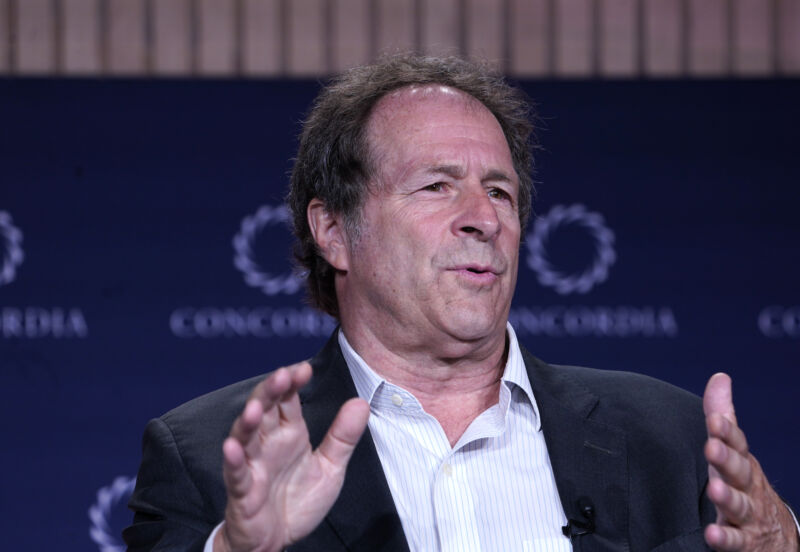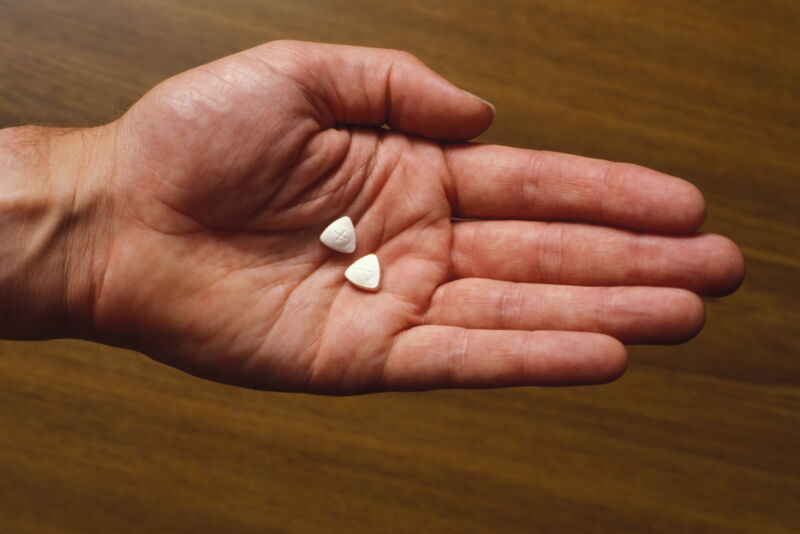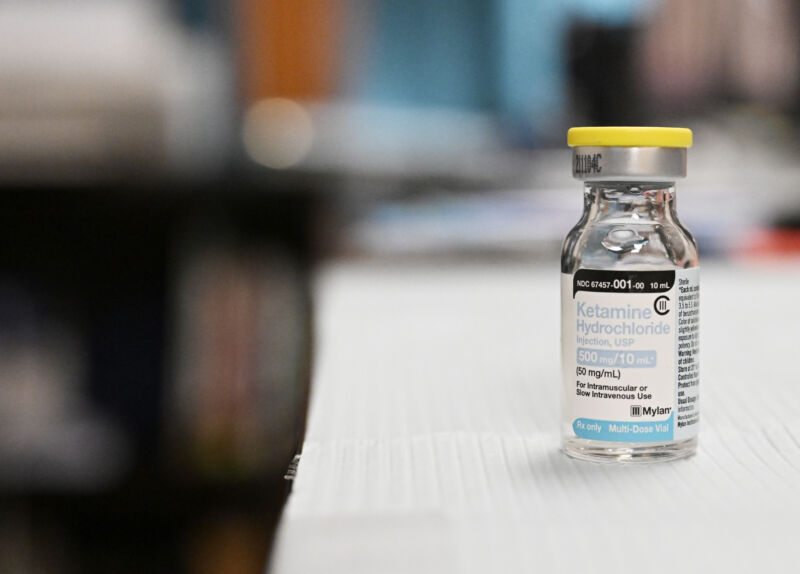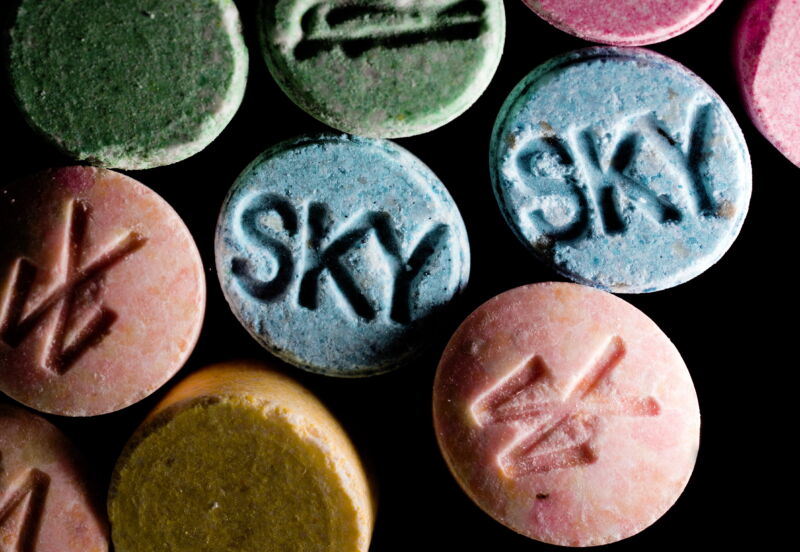More bad news for psychedelic drug company: FDA expands probe after rejection

Enlarge / President of Multidisciplinary Association for Psychedelic Studies (MAPS) Rick Doblin speaks onstage during the 2023 Concordia Annual Summit at Sheraton New York on September 18, 2023, in New York City. (credit: Getty | John Lamparski)
There's more bad news for the company behind an experimental MDMA therapy for post-traumatic stress disorder, which the Food and Drug Administration roundly rejected earlier this month.
According to a report from The Wall Street Journal, the FDA is now expanding an investigation into clinical trials behind the experimental psychedelic therapy—even though the agency has already rejected it. Agency investigators reportedly interviewed four additional people last week, asking questions regarding whether the trials underreported side effects.
People involved in the trial have previously alleged, among other things, that ill effects, such as suicidal thoughts, went undocumented, and trial participants were discouraged from reporting them to bolster the chances of FDA approval. Overall, the MDMA trials faced crushing criticism amid the FDA's review, with outside experts and agency advisers calling out allegations of sexual misconduct at one trial site, as well as flaws in overall trial designs, multiple sources of biases, and claims that the company behind the therapy, Lykos, fostered a cult-like belief in psychedelics.


